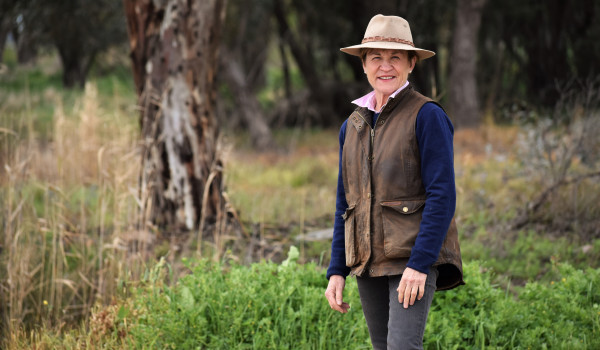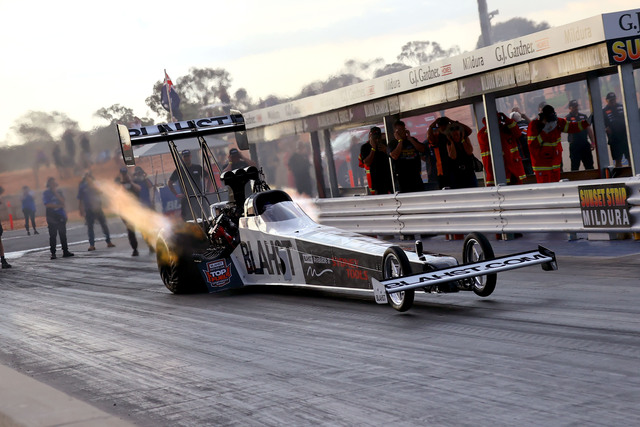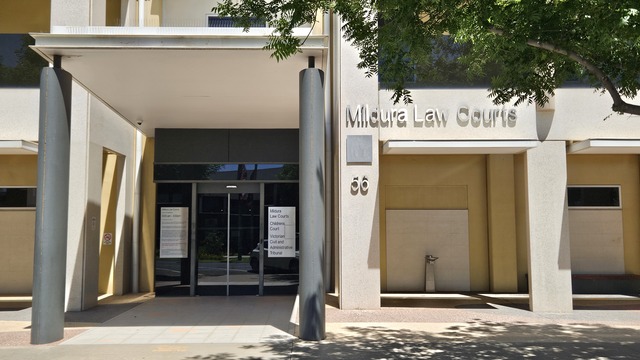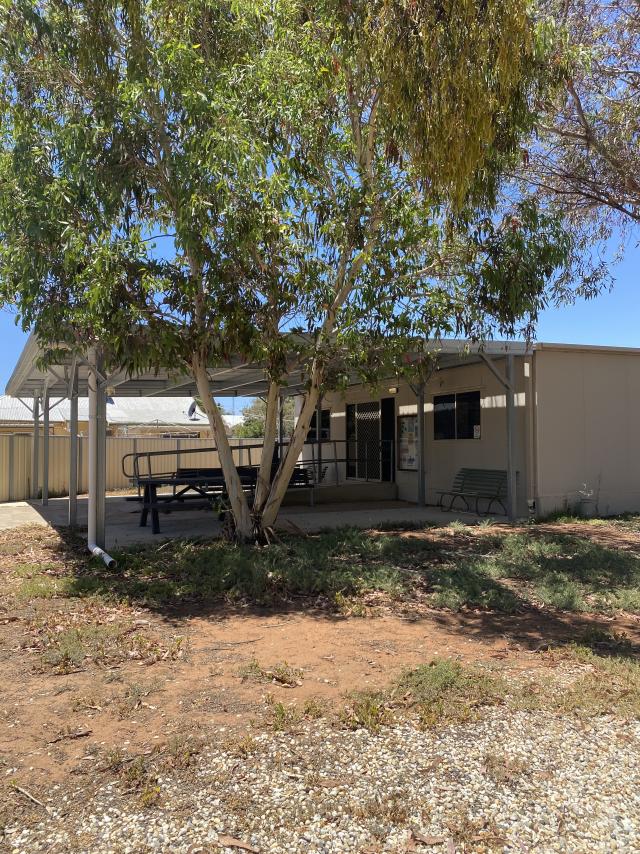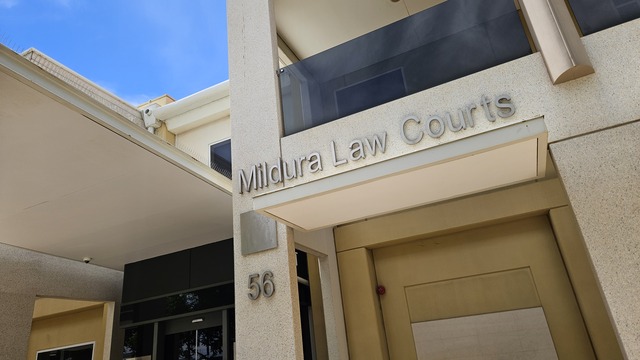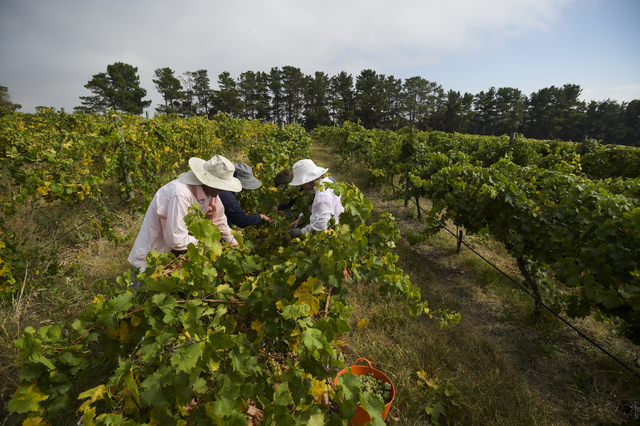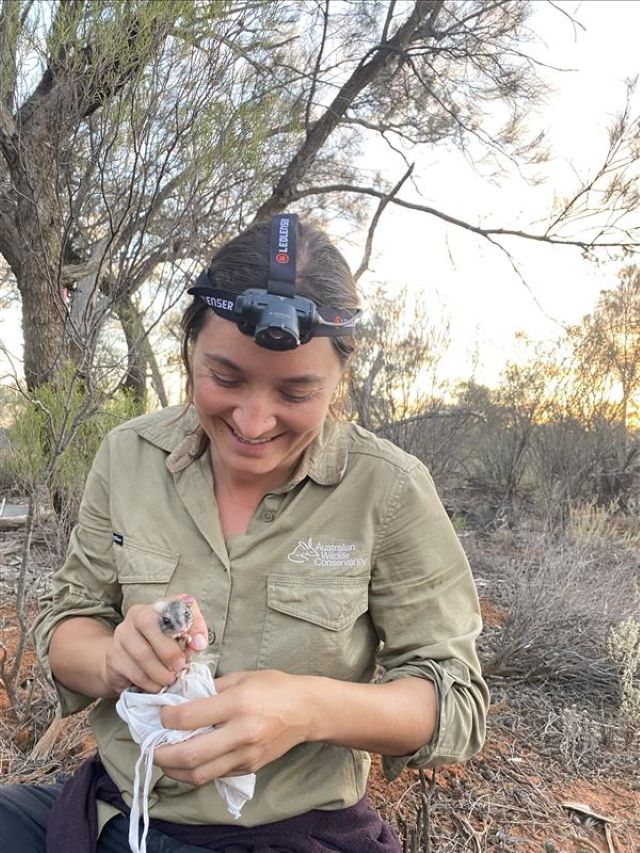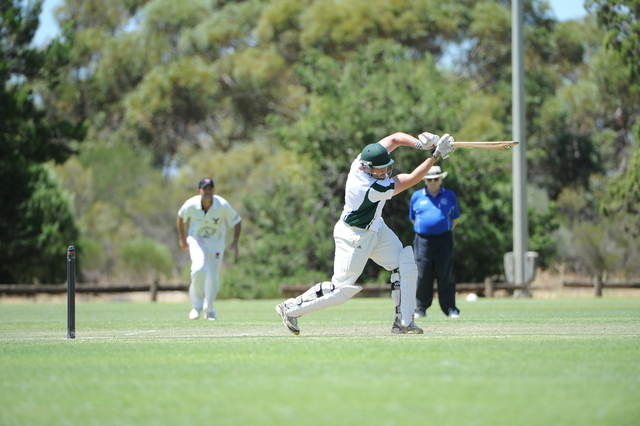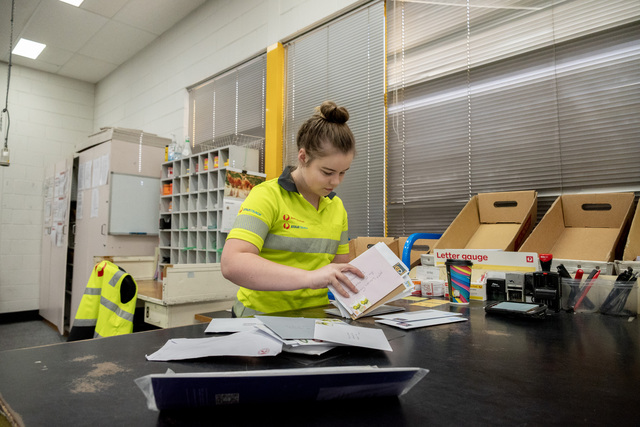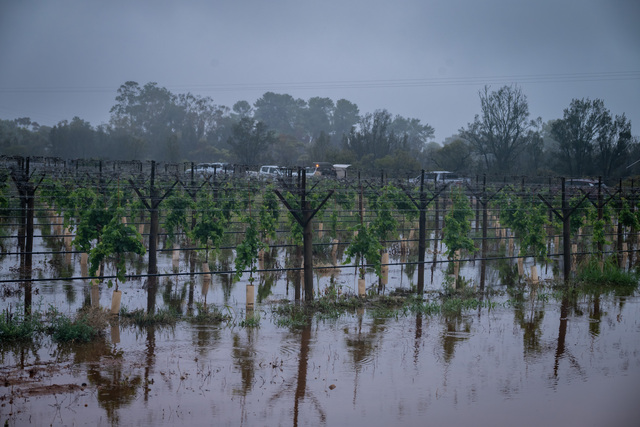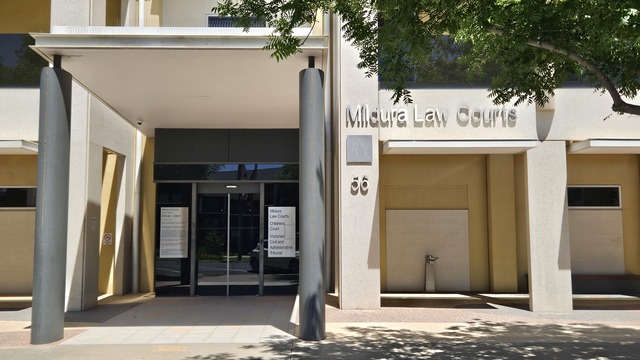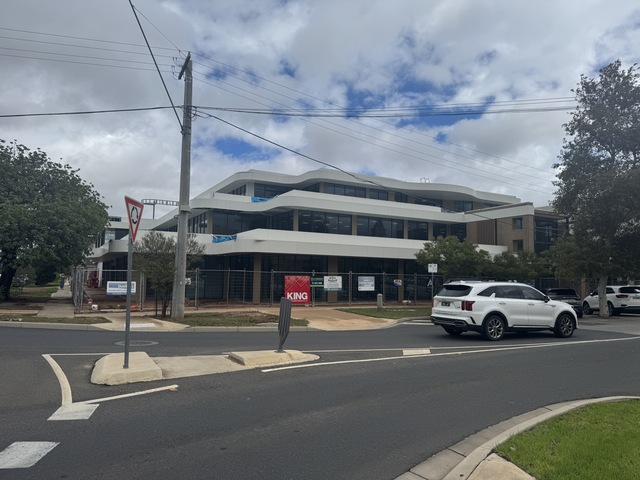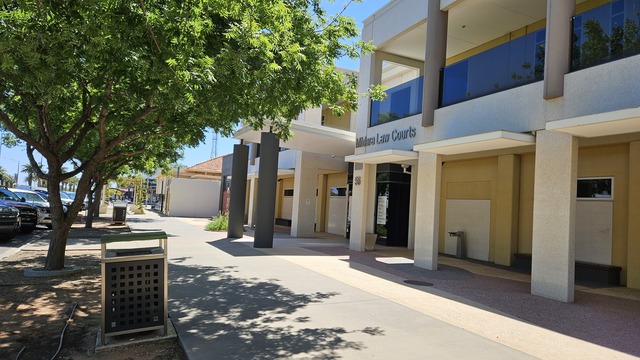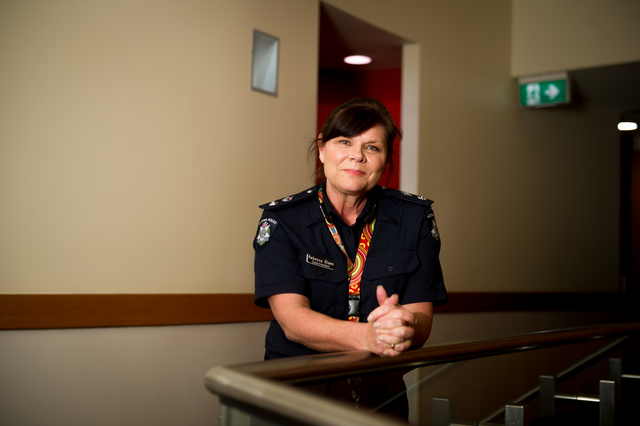THE New South Wales Government is aiming to create a water register by October, Parliament has been told.
Yet Member for Murray Helen Dalton said since laws were passed in October last year nothing more has has happened on the issue.
“In October last year, rural New South Wales breathed a sigh of relief when a law was passed to create a water register that would stop criminals and foreign governments from secretly buying New South Wales water,” she said during question time last week.
“But since the laws were passed last year, nothing has happened.
“Will the Premier tell the people of New South Wales when that register will be up and running?”
Premier Chris Minns, in responding, said the laws were passed was a “sensible step towards transparency and accountability in water management”.
“It has traditionally been an incredibly opaque marketplace, but was radically changed as a result of the Bill,” he said.
“Two elements required changes before it could be implemented in New South Wales because this is still a dynamic marketplace, and we do not want it to be interrupted whilst regulatory reform is introduced.
“The first requires the Federal Government to make changes, and I assure the House that we are urgently attempting to get the Federal Water Minister to make the accompanying changes.
“I am not sure whether that is by regulation or legislation, but I have been advised that it is the first step.
“The second element is the changes in New South Wales around transparency and accountability, and this government is attempting to make those changes.
“That is taking a little bit of time because, obviously, custom and practice is radically different as a result of the Bill.
“But I have spoken to the Minister for Water, and she is hopeful, assuming the Commonwealth Government makes the associated changes, that we can have it up and running by October.”
On the same day, Ms Dalton said the Government needs to “shine a light on our most precious natural resource if it wants farmers to keep farming and putting food on our tables, and rural communities to flourish”.
She spoke about regulated water sharing plans on the Murray and Murrumbidgee River systems, and why current water sharing plans should be extended until the Murray-Darling Basin plan review is completed in 2026.
“Water sharing plans are extremely complex, so I will do my best to make this as exciting and sexy as I can,” she told Parliament.
Each river system has its own water sharing plan. Those plans are how the government and its agencies divvy up the water in a particular river system.
In other words, who gets what and how much.
For example, that water could be used for irrigation, or for urban, stock, domestic or cultural use, or it could be for the environment.
Water sharing plans also contain provisions for the environmental management of water.
Ms Dalton said, however, in reality, “they prioritise water for the environment for the protection and maintenance of rivers and ecosystems”.
“All those complex provisions and rules are skewed in favour of the environment, and not irrigated agriculture,” she said.
“That does immense damage to irrigation communities.
“Water sharing plans are meant to optimise the use of available water resource; estimate our needs; and improve our social, economic and environmental outlook.
“That makes sense, right? However, none of those considerations are being met – only environmental ones.
“There is no accounting for economic objectives, and the rules are killing irrigated agriculture and communities.”
Ms Dalton said she found it “gobsmacking” that it was impossible to account for the water the NSW Government had.
“There are so many definitions of what the holdings actually are and the ambiguous ways government-held water licences can be used or allocated that, astonishingly, not even the government knows exactly what it has,” she said.
“I find it absolutely gobsmacking that it is not only impossible to account for the water it has, but also to accurately find and define it.
“The government needs to shine a light on our most precious natural resource if it wants farmers to keep farming and putting food on our tables, and rural communities to flourish.
“We know what the alternative is: inferior, cheap, imported food; higher prices for what is left of Aussie-grown products; rural livelihoods destroyed; and rural lives reluctantly relocated to the city.
“We need to extend the water sharing plan review to coincide with the revised Murray-Darling Basin Plan.
“We need to take a deep breath and wait for the outcomes of those two reviews, look at their recommendations and how they can complement each other, and work in the best interests of both the community and the environment.”

